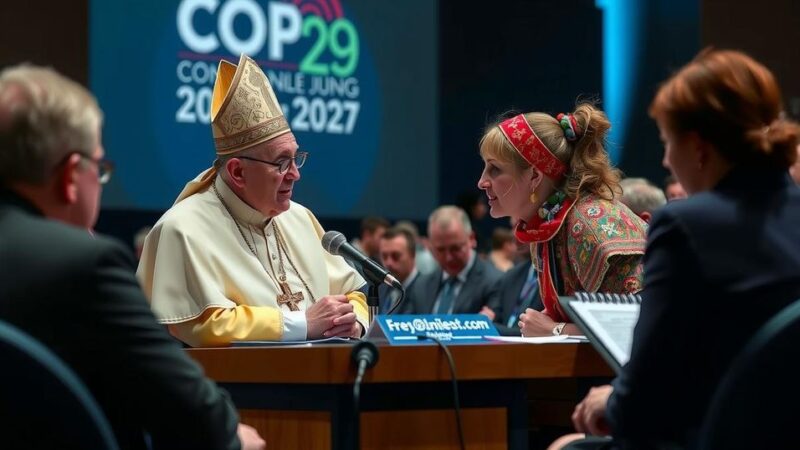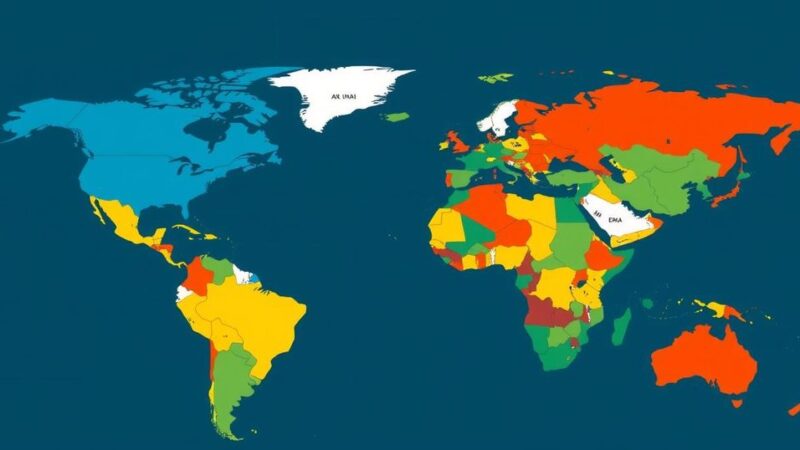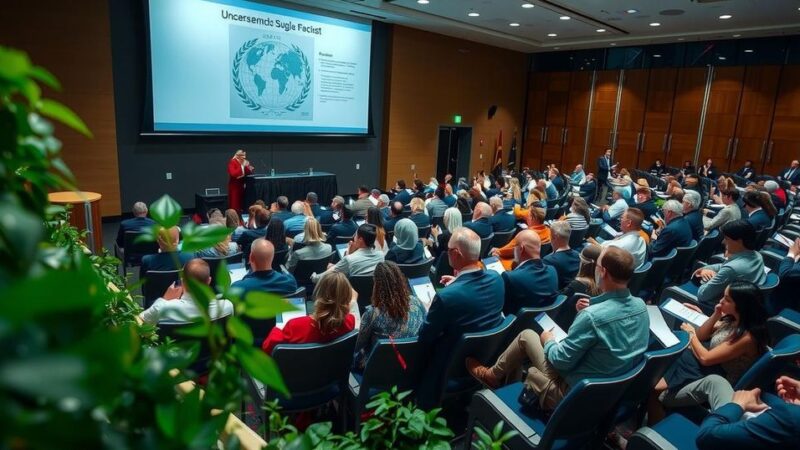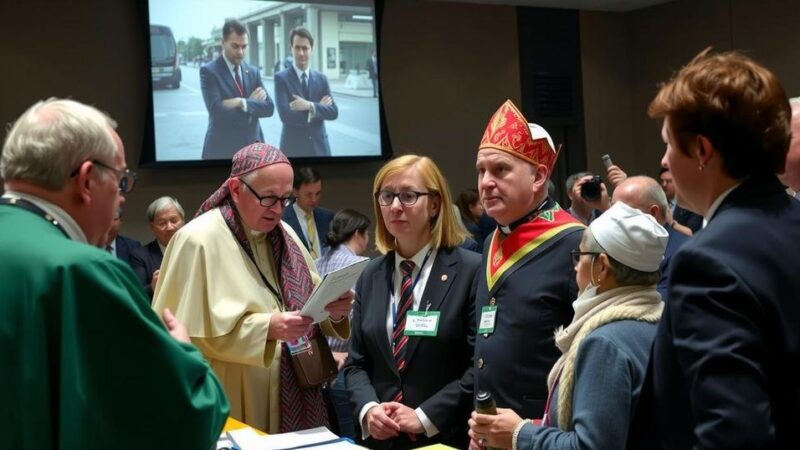The United Nations has held climate summits since 1995, known as COPs, aimed at stabilizing greenhouse gas emissions and addressing climate change. Key developments include the establishment of the UNFCCC, the Kyoto Protocol, and the Paris Agreement, culminating in the recent COP26 and COP28 agreements that emphasize urgent action towards net-zero emissions. Despite progress, significant challenges remain to fully transition away from fossil fuels and limit global warming.
The United Nations has been convening annual climate summits, known colloquially as COPs (Conference of the Parties), since 1995 in an ongoing effort to stabilize greenhouse gas emissions and mitigate climate change. Key milestones during these summits include: – In 1990, UN climate experts highlighted the alarming rise in greenhouse gases resulting from human activities, indicating potential intensification of global warming. – Two years later, approximately 150 leaders participated in the historic UN “Earth Summit” in Rio de Janeiro, which established the UN Framework Convention on Climate Change (UNFCCC), aiming to diminish greenhouse gas emissions. – The inaugural COP occurred in Berlin in 1995, featuring a wide range of priorities and concerns. – The Kyoto Protocol emerged in 1997 in Japan, where nations committed to an average reduction of 5.2 percent in emissions by 2008-2012 relative to 1990 levels. – In 2001, the United States, a dominant carbon emitter at the time, declined to ratify the protocol, which ultimately came into effect in 2005 but failed to curb the surge in emissions. – COP15 in Copenhagen in December 2009 ultimately faltered, failing to establish a post-2012 agreement amid tensions between wealthy and developing nations, though progress was made towards limiting global temperature increase to two degrees Celsius above pre-industrial levels. – In 2015, approximately 195 nations endorsed the Paris Agreement, aiming to cap global warming to “well below” 2°C, with an aspirational target of 1.5°C. – The 2023 stocktake revealed that global efforts were insufficient to achieve the 1.5°C target, necessitating urgent action from governments and stakeholders. – Under the leadership of Alok Sharma in 2021, COP26 resulted in nearly 200 countries committing to intensified efforts to combat climate change, despite pushback from India and China regarding the retention of coal in the negotiations. – The landmark agreement at COP28 in Dubai in 2023 marked the first time in COP history that the transition away from fossil fuels was explicitly acknowledged, with a stated goal of achieving net-zero emissions by 2050, although skepticism remained among certain nations about the lack of defined deadlines and commitments from fossil fuel-producing countries.
The series of COP climate summits represent critical moments for global cooperation on climate change. Each COP serves as a platform where countries negotiate strategies and commitments to combat global warming. Starting from the establishment of foundational agreements such as the UNFCCC in 1992, these gatherings have evolved to address increasing complexities tied to climate policy, emissions reductions, and the challenges of aligning diverse national interests. The ongoing dialogue reflects a balance between developed and developing nations, who often have differing capabilities, responsibilities, and priorities regarding climate change.
In conclusion, the COP summits have played a pivotal role in shaping the global response to climate change from the establishment of the UNFCCC and the Kyoto Protocol to the ambitious goals set forth in the Paris Agreement and the recent agreements in COP26 and COP28. The progression highlights an ongoing struggle to reconcile the needs and aspirations of various nations as they strive to limit global warming and transition to sustainable practices while grappling with the realities of fossil fuel dependency. Continuous collaboration is essential for achieving the global climate targets and addressing the pressing issues posed by climate change.
Original Source: www.barrons.com






